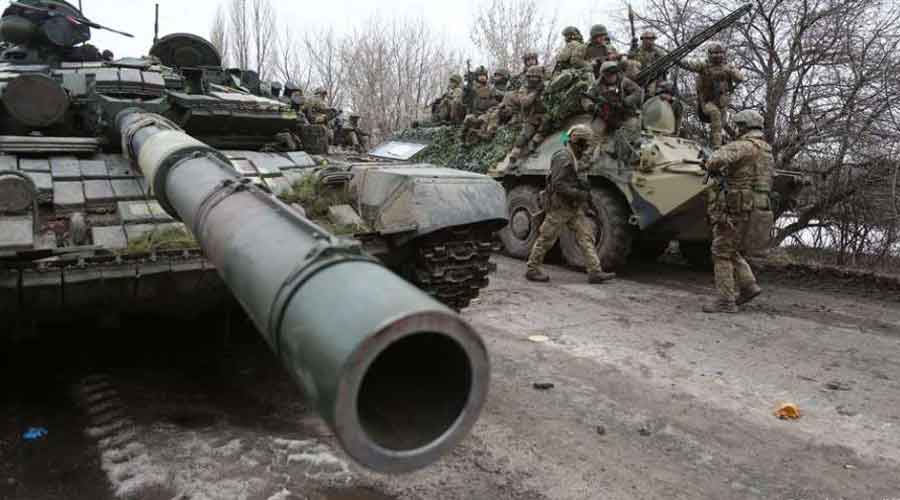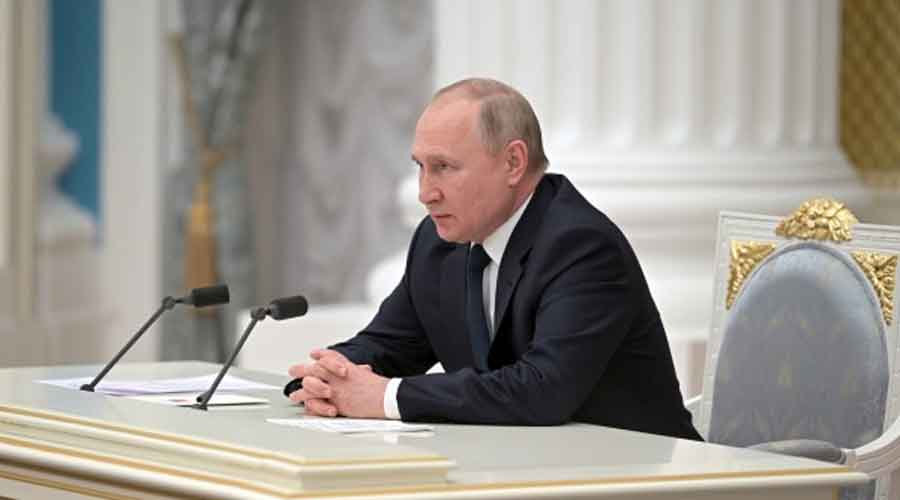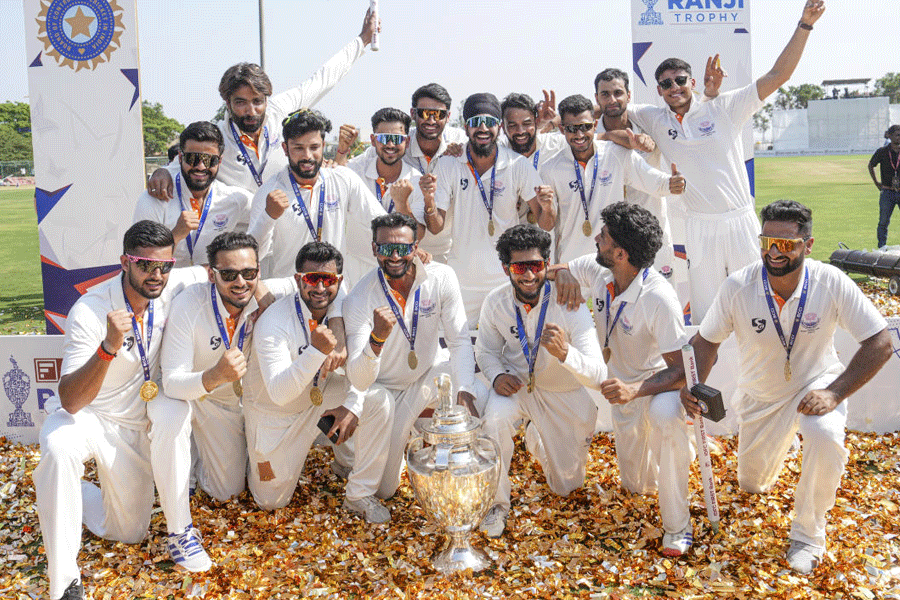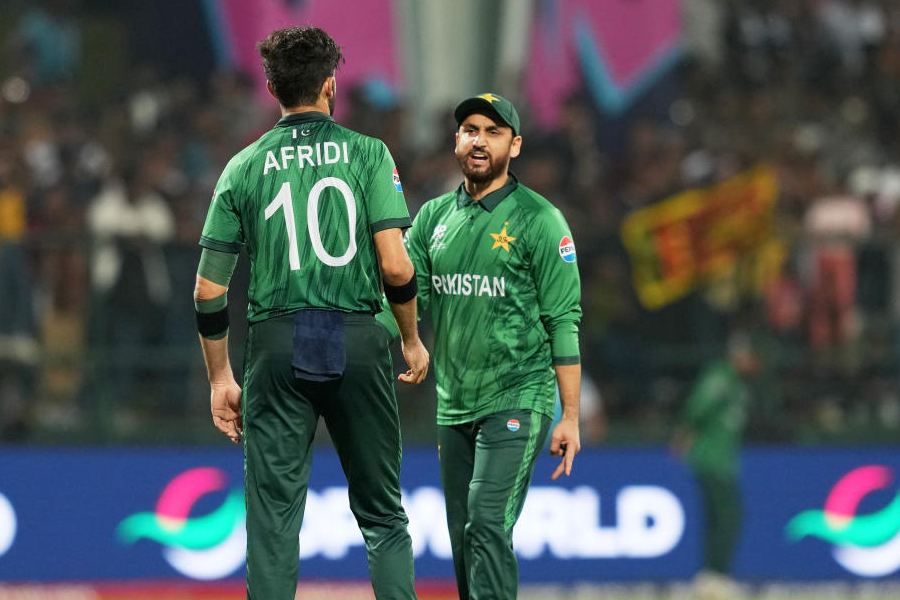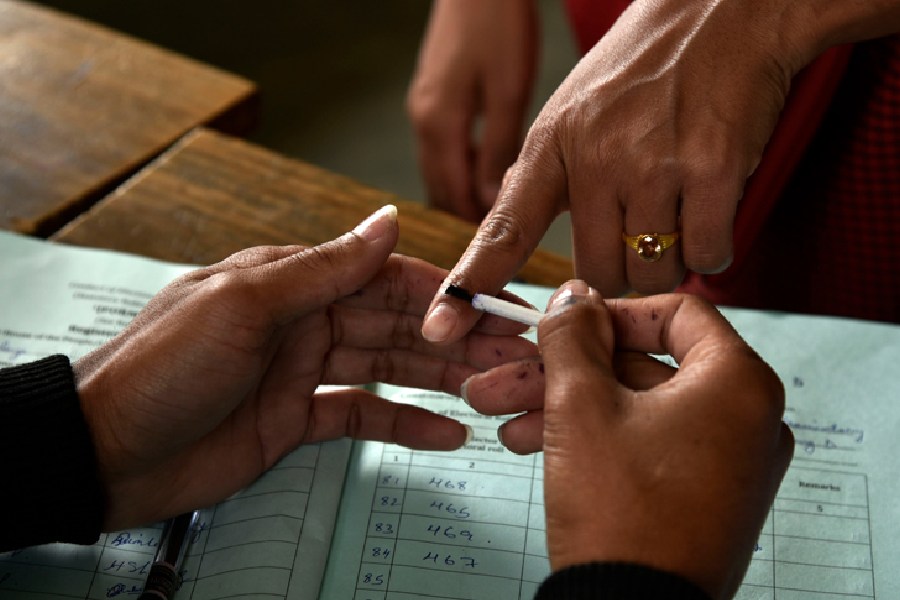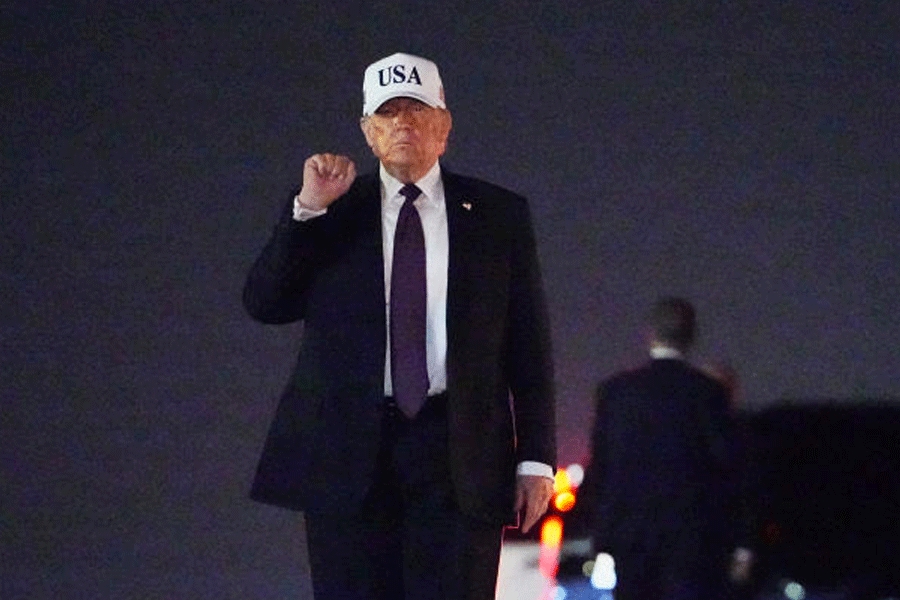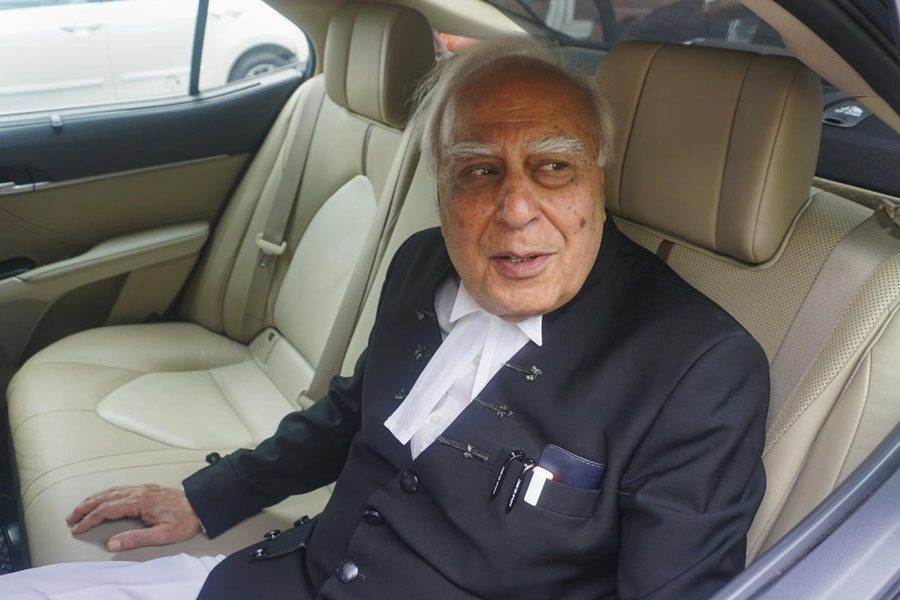Much of the world has united against Russia after it invaded Ukraine. But in Asia and Africa, the reaction has been far more mixed — as was evident with 35 countries, including India, Pakistan and China, abstaining when the UN General Assembly voted on Wednesday on a resolution deploring Russia’s “aggression against Ukraine”.
What runs common among some of the countries that have fought shy of condemning the Russian attack?
Authoritarian streak
While most American allies in the two regions have fallen in line, authoritarian governments and those with weaker ties to the West have been more reluctant to act on the conflict in Ukraine. Across the Asia-Pacific, only Japan, Singapore, South Korea and Australia have agreed to the international sanctions against Moscow.
The uneven response is unlikely to counterbalance the onslaught of Western anger, but it could test the limits of President Joe Biden’s pledge to make Vladimir Putin a “pariah on the international stage”.
Pro-strongman views
Putin’s brand of authoritarian politics has appealed to many countries across Asia, and especially in Southeast Asia, where strongman rule is often favoured.
In New Delhi, the Hindu Sena, a Right-wing group, has put up posters on the statue of Russian litterateur Alexander Pushkin supporting Russia’s invasion of Ukraine. “Indian Hindus are with Putin and Russia in establishing Soviet Union. Jai ho akhand Russia. Jai Bharat. Hindu Sena,” the posters said.
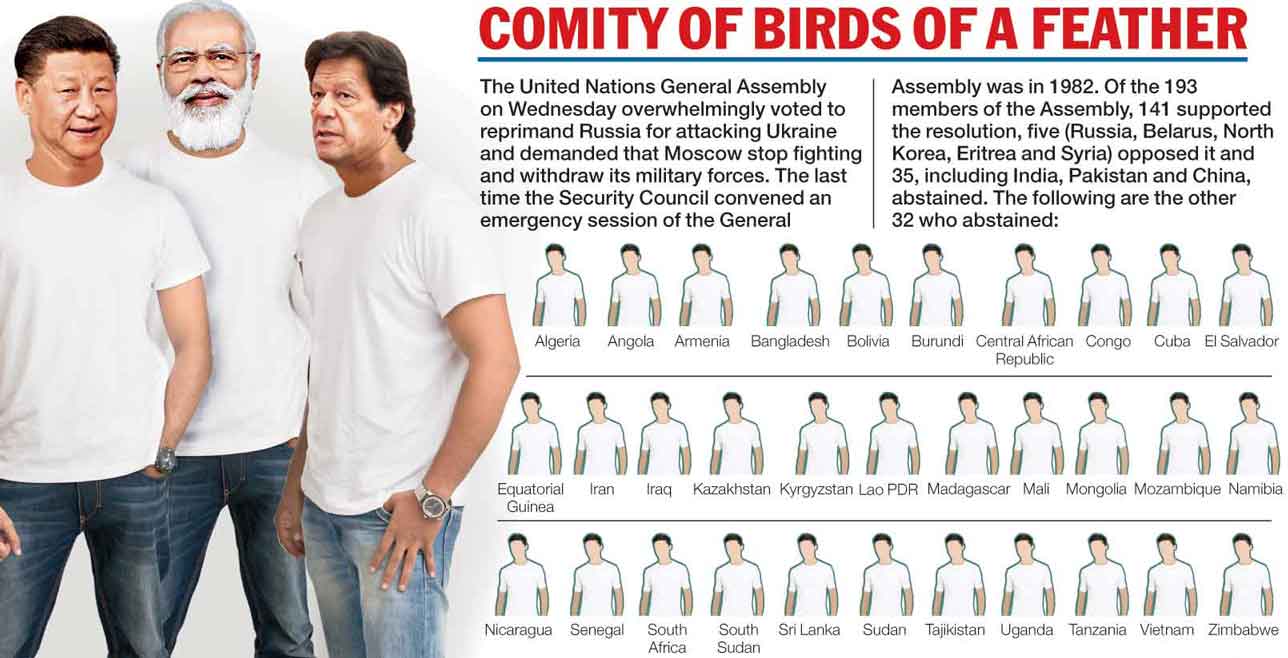
In a 2017 Pew Research Center global survey, more than half those polled in Vietnam said they trusted Putin. “I am a big fan of Uncle Putin because he always takes drastic actions,” said Tran Trung Hieu, 28, an independent filmmaker in Hanoi, using the same term of respect that locals use for Ho Chi Minh, the revolutionary who led the independence movement in Vietnam.
Two editors for a Vietnamese online magazine and the Vietnam National Television said they were told to censor themselves in their reports on the war, including reducing the extent and frequency of coverage and banning the word “invasion”. Both asked to remain anonymous for fear of government reprisals.
Military clients
Russia has sold fighter jets to Indonesia, Malaysia and Myanmar, but its biggest customer in Southeast Asia is Vietnam. From 2000 to 2019, some 84 per cent of Vietnam’s weapons imports came from Russia, according to the Stockholm International Peace Research Institute.
In its bid to counter China, Vietnam has bought billions of dollars worth of Russian artillery, aircraft and submarines, transforming its military into one of Southeast Asia’s most capable fighting forces while making itself dependent on Moscow for years to come.
In India, Moscow has been seen as a reliable military partner for decades. New Delhi is the world’s second-largest importer of Russian arms, which account for about half its military supplies. When Putin visited New Delhi late last year, Russia detailed the sale of a $5.4-billion missile defence system to the country.
Old ties
Some of the so-called “neutral” nations, such as India, were stalwarts of the non-aligned movement during the Cold War. The degree of antipathy towards the West had been far higher than that towards the then Soviet Union because of the colonial past of most of the western powers and ideological fissures with the United States.
In India, despite of the IT revolution, which has helped many replicate the comforts of American suburbia, a deep undercurrent of mistrust comes into play when US geopolitical interests are involved.
The Indian Left, which continues to occupy mindspace disproportionate to its shrinking electoral fortunes, still yearns for the glory days of the Soviet Union.
Earlier this week, CPM general secretary Sitaram Yechury spoke earnestly about how America had promised Mikhail Gorbachev that there would not be any eastward expansion of Nato.
“But since then, the US has admitted everybody except Ukraine. Over 175,000 Nato troops are on Russia’s borders and their missile systems are ready to reach Moscow in 15 minutes and Leningrad in five minutes, or so Russia claims,” said Yechury, who also criticised Putin. Russia now calls Leningrad St Petersburg.
Self-interest
India has been careful not to condemn Russia over Ukraine and upset a time-tested friendship at a moment when China is threatening to encroach on its northeastern border.
Moscow has repeatedly used its veto power at the Security Council to block resolutions critical of India over Kashmir. In return, India abstained from a UN resolution condemning Moscow over its annexation of Crimea in 2014.
Indian officials said last week that they might even help Russia find workarounds for the new sanctions by setting up rupee accounts to continue trade with Moscow, similar to what India had done after the annexation of Crimea.
“Whose side is India on?” said Pankaj Saran, India’s former ambassador to Russia. “We are on our side. The cyclical bursts of Cold War antagonism are tiresome.”

